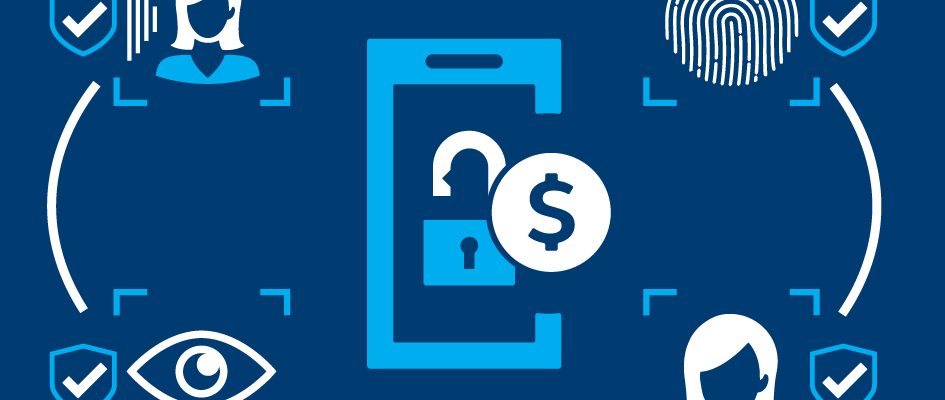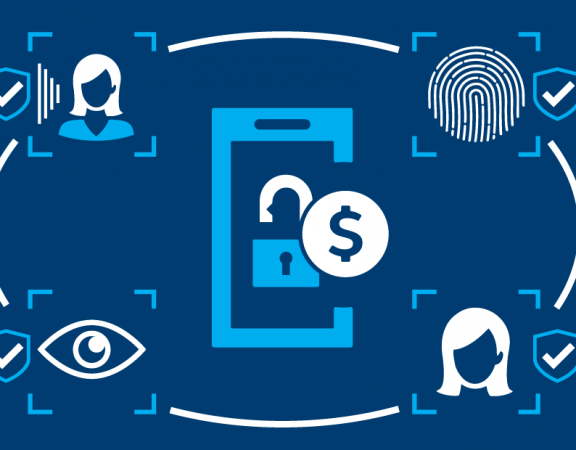

Cyber security predictions for 2018
2017 is ending, and it is time to check whether the cyber-security predictions we made last year were exact and we will try to figure out the events in the threat landscape that most of all will characterize the next 12 months.

Cyber security resource shortage increases
It is no secret that there is a massive shortage of cybersecurity talent globally. Hundreds of thousands of unfilled cybersecurity roles remain open in 2017. In the US there are 350,000 to be exact, and in 2018 this number will only continue to grow.
Increase in Travel Data Breaches
The problem with cyber security is that hackers are always evolving and it’s hard to keep up. One of the newer trends out there is cyber attacks aimed at travellers and online shoppers, as they’re more prone to give up their credit card, driver license, and even passport information.
This will likely lead to an increased effort across the board from hackers to target travel sites and travellers, which will ideally lead to bulked up security in this sector.
Ransomware, DDoS attacks and cyber warfare
Ransomware, or categorized as crypto-ransomware, encrypts certain important files on the infected systems and forces users to pay ransom through online payment methods to get the decrypt key.
Normally payments are demanded in crypto-currencies like that of bitcoin; however, payment does not guarantee that files will be decrypted.
Ransomware has spread across the world and become a profitable business model. This trend will escalate; provided users don’t follow best practices and systems remain unpatched.
DDoS poses a serious threat to organizations worldwide, especially when they lack the resources and the bandwidth to handle the large network traffic. The threat of DDoS will be accentuated with the increased usage of Internet of Things (IoT) connected devices in the enterprise, which when left unsecured, can become pathways as well as slave nodes, and add to the DDoS traffic stream.
As a consequence, cybercrimes will flourish, which could be used by powerful nations to initiate and develop highly refined and targeted attacks against targets of national value belonging to other countries.
The rise of Artificial Intelligence
The Artificial intelligence promises miracles for solutions in the IT security industry; many security firms have implemented machine-learning systems to detect cyber threats and to assess computer systems automatically.
Many security solutions leverage IA to protect critical infrastructure against zero-day attacks; the AI-powered system can significantly assist IT personnel in monitoring, tracking and detecting anomalies efficiently.
AI can offer more firepower when it comes to cybersecurity. It can cover the lack of manpower that we see in this highly complex field.
However, many security experts believe that AI is a double-edged sword and hence it could become dangerous at an epic level if it gets into the wrong hands.

